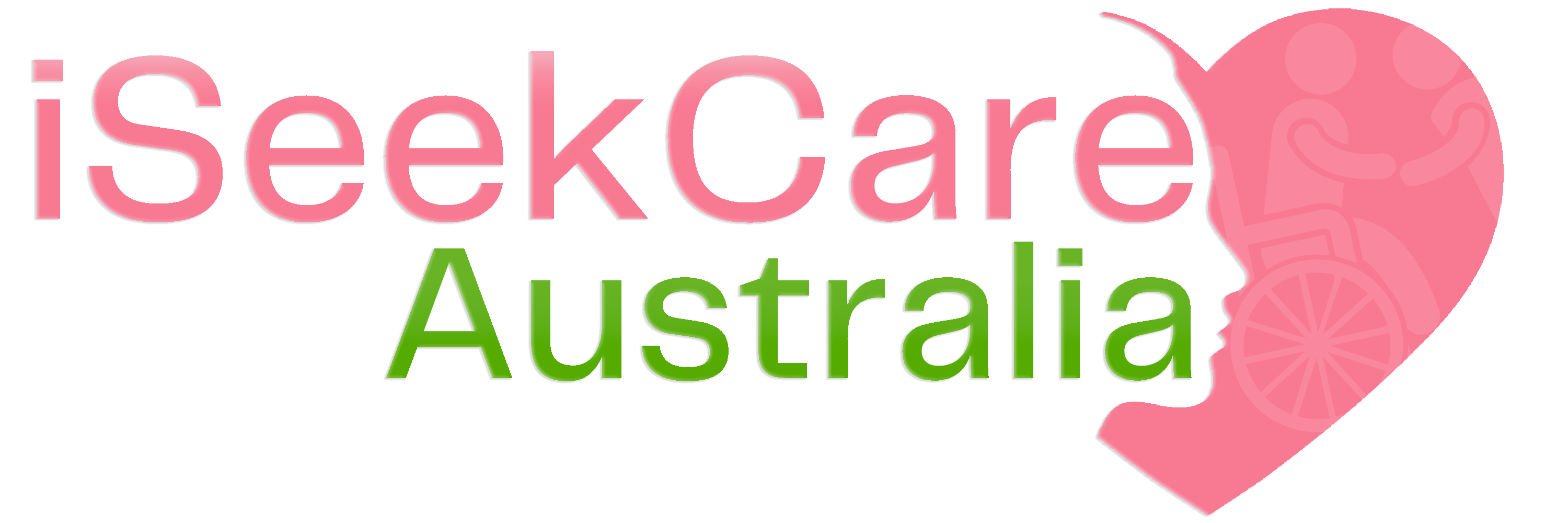Budgeting Basics: Helping Participants Manage Money Wisely in Disability Support
Managing finances can be a complex task for anyone, but it can be especially difficult for people with disabilities who rely on disability support payments to cover living expenses. Budgeting may seem daunting at first, but it is an essential skill to master, as it helps individuals take control of their finances and set goals for their future. In this blog post, we will discuss budgeting basics that disability support participants can use to manage their finances wisely and improve their financial well-being.

1. Start with a Budgeting Plan:
The first step towards budgeting is to create a budget plan. Start with your monthly income, including disability support payments and any other income streams. Next, list down all your monthly expenses, including rent, utilities, food, transportation, and any other fixed expenses. Once you have listed all your expenses, review the list and look for opportunities to reduce your expenses, such as switching to a cheaper internet plan or canceling subscriptions you no longer use.
2. Prioritize Expenses:
Once you have a clear idea of your expenses, prioritise them into essential, non-essential, and optional categories. Essential expenses are those that are necessary for survival, such as rent, utilities, and food expenses. Non-essential expenses are those that may be important but can be delayed if necessary, such as a new phone or computer. Optional expenses are those that are not essential and can be eliminated if needed, such as dining out or buying new clothes.
3. Track Your Spending:
Tracking your spending is critical to managing your finances effectively. This can be done manually using a spreadsheet or through budgeting apps that can track your expenses automatically. By tracking your spending, you can identify areas where you are overspending and make adjustments to your budget plan accordingly.
4. Set Financial Goals for Budgeting:
The key to successful budgeting is to set financial goals and work towards them. Whether it’s saving for a down payment on a house, paying off debts, or building an emergency fund, having a clear financial goal can help you stay motivated and focused on your budget. Set realistic goals, break them down into smaller milestones, and track your progress. Celebrate your wins along the way and adjust your budget as necessary to reach your goals.
5. Seek Professional Advice:
If you find budgeting challenging or overwhelming, seek professional advice from a financial planner or disability support services provider. Many organizations offer financial education and support services to help individuals improve their financial well-being and manage their finances effectively. Take advantage of these services to learn new skills, get unbiased advice, and stay on track with your financial goals.
Conclusion:
Budgeting is an essential life skill that can help individuals with disabilities manage their finances effectively and achieve their financial goals. By creating a budget plan, prioritizing expenses, tracking spending, setting financial goals, and seeking professional advice, disability support participants can take control of their finances and improve their financial well-being. With a little effort, dedication, and commitment, anyone can learn to manage their money wisely and secure their financial future.



